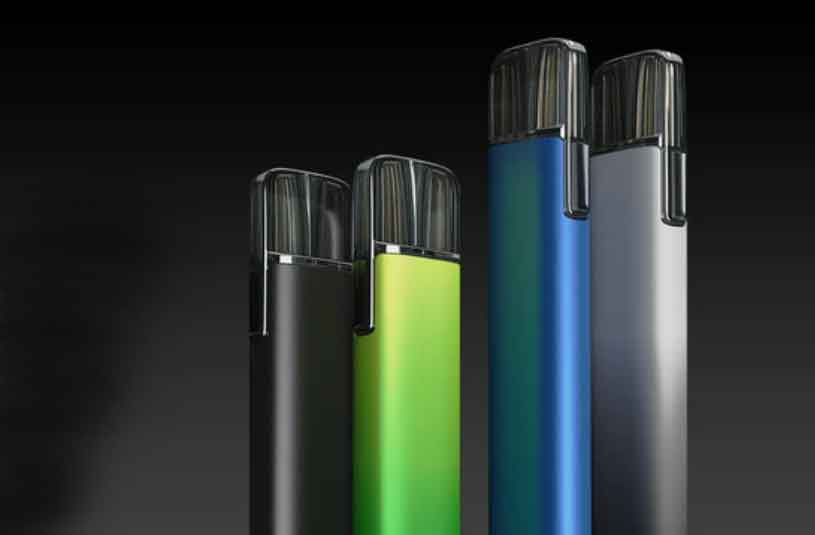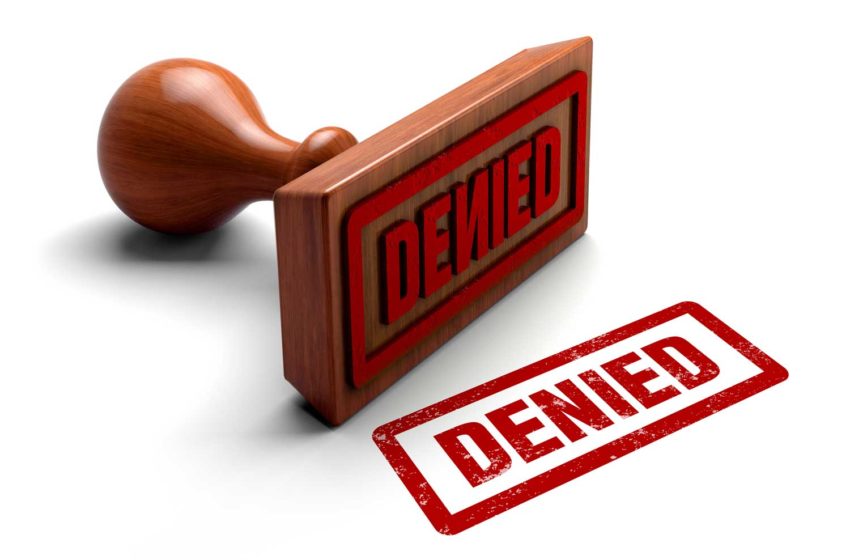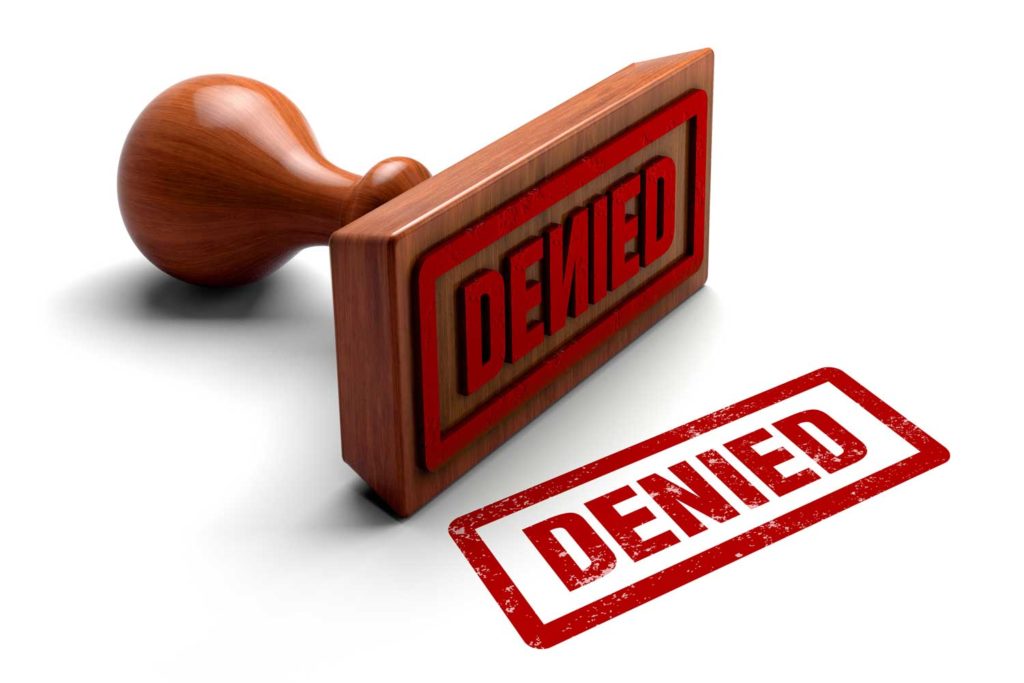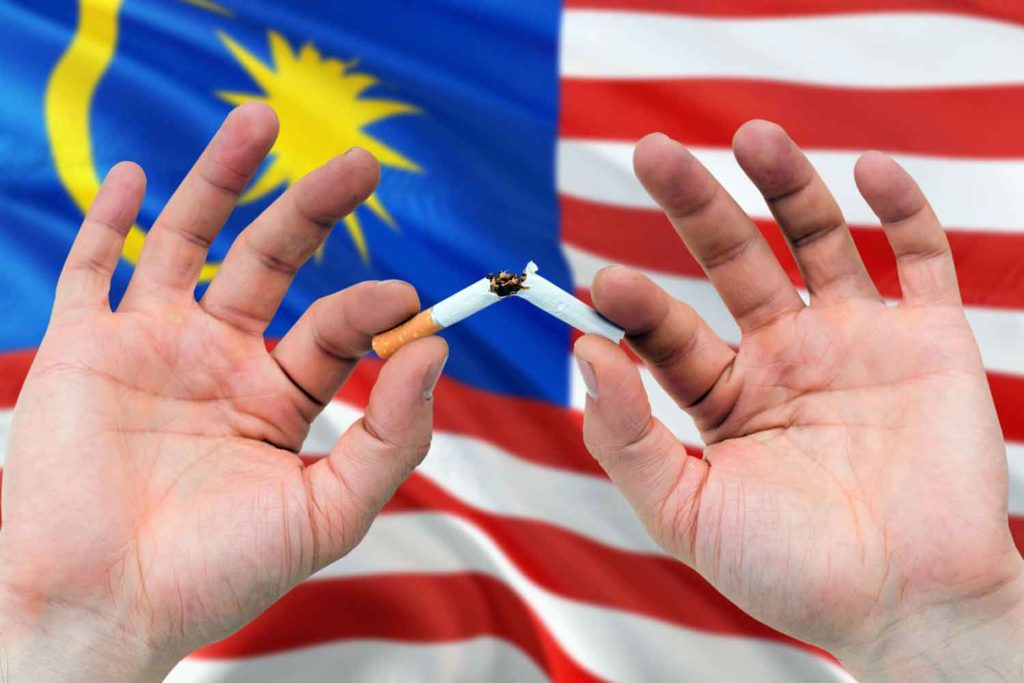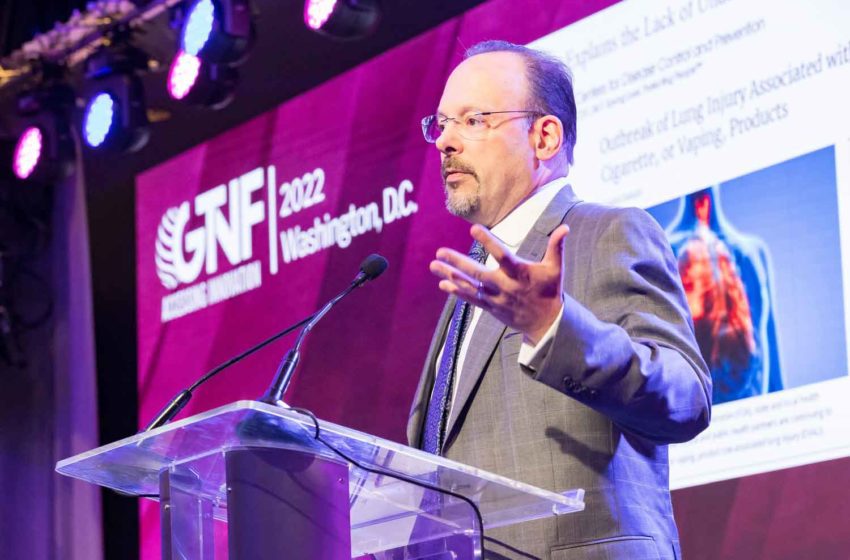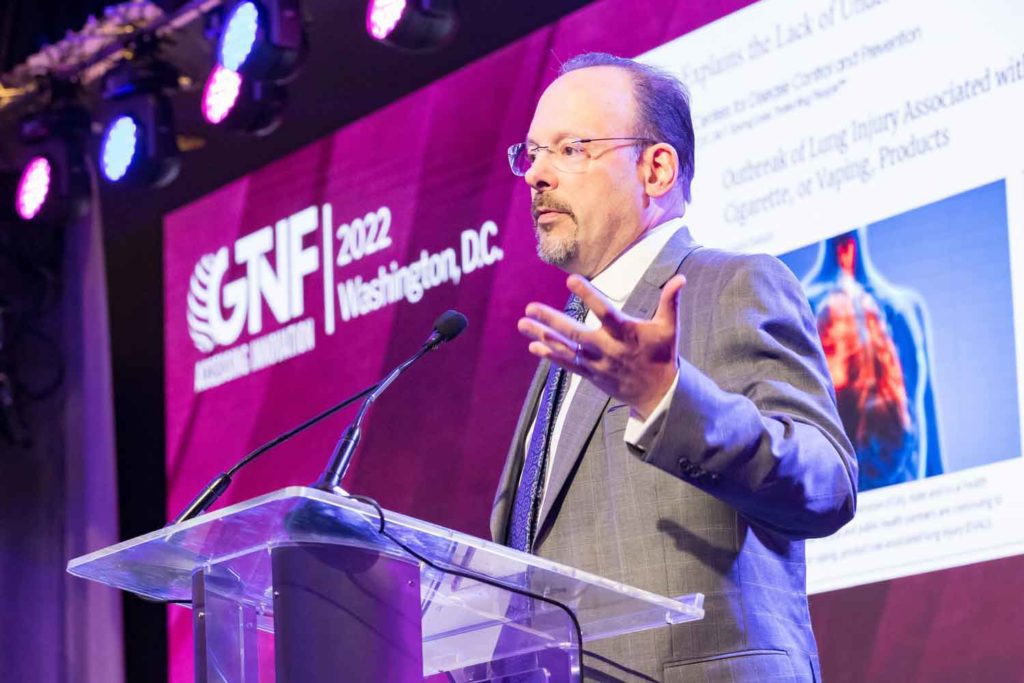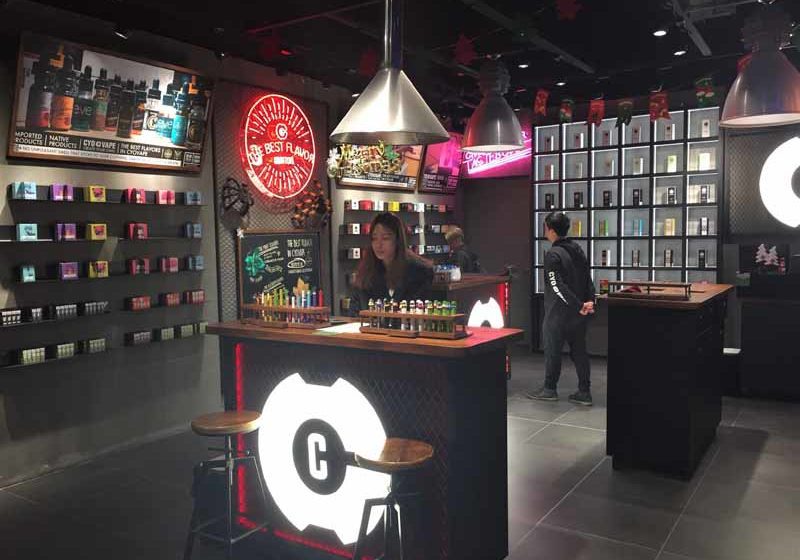There are numerous challenges to achieving the goal of tobacco harm reduction. Addressing these challenges might require thinking differently about how to approach the regulatory process and perhaps the extent to which the regulatory process needs to be changed, according to Jonathan Adler, the inaugural Johan Verheij Memorial Professor of Law and the founding director of the Coleman P. Burke Center for Environmental Law at the Case Western Reserve University School of Law, where he teaches courses in environmental, administrative and constitutional law.
Speaking at the GTNF 2022, Adler said that the U.S. Food and Drug Administration’s handling of premarket tobacco product applications (PMTAs) has been arbitrary. It’s been sloppy. It hasn’t followed its own guidances. “It’s pretty clear that the FDA was not prepared for this onslaught of applications, prepared for the volume, prepared for the type of analyses it would have to conduct,” he told attendees. “And [the agency] responded to that with a mixture of cutting corners and adopting shortcuts that would enable it to make decisions, typically negative decisions, so that it could process these applications.”
Companies aren’t happy with how the FDA has handled the PMTA process. Numerous companies have taken the agency to court, with mixed results. There are currently more than 30 court cases surrounding PMTA actions. Adler said that the FDA has responded inconsistently to these lawsuits. After denying Juul’s application, for example, the FDA decided to reconsider and review all the things it was supposed to review before issuing a marketing denial order. The agency took the same type of action with Turning Point Brands.
In other cases, however, the FDA has been willing to let the courts decide. The challenge in this approach is that the FDA is being strategic about which cases it fights in court and which cases it retreats on. “As someone that follows a lot of administrative litigation, it certainly looks as if FDA is retreating where the cases against its actions are the strongest and allowing cases to proceed where it thinks the challenges are weak,” said Adler. “[This is] either because issues haven’t been raised or because issues haven’t been printed in the strongest way possible or perhaps because the applications were weaker to begin with.
“As these precedents build, it will become easier and easier for FDA to defend against challenges to even the strongest arguments, so this is certainly part of the regulatory challenge …. We know—and this is all information that you’re all aware of—that the majority of people in the United States believe that ENDS [electronic nicotine-delivery systems] are as [dangerous] if not more dangerous than combustible cigarettes.”
There are other challenges too. Adler said the United States also has trust issues on both sides of the aisle. Many of the institutions and authorities that historically have been seen as trustworthy and would provide accurate information aren’t considered to be as reputable anymore.
“And certainly, the experience of Covid and the like has eroded that trust even more,” he said. “We need to think more broadly about how we might overcome this challenge. My own view is that we need to think more about the competitive process and how we discover how to communicate to consumers. And that word ‘discover’ is important. Because it’s not always clear what consumers want, why they want it and how you let them know that what you have might be what they want.”
In the case of nicotine products, due to FDA regulations, companies can’t compete in trying to convince smokers that their product will satisfy the desire for nicotine, or whatever else, in a less risky way. In Section 911 of the Tobacco Control Act, there are strict restrictions on what can be said about modified-risk tobacco products, including factually true statements. Adler said that’s a problem because if companies are able to compete on characteristics like health impact, it affects not only the behavior of those companies, but it also affects consumer understanding.
“This statute has also been interpreted, I would argue quite aggressively, by the FDA. The FDA’s position is that producers of electronic cigarettes can’t quote things that Brian King said here yesterday [the CTP director spoke at the GTNF on Sept. 28]. Can’t quote things the FDA has put in the Federal Register that are indisputably factually true. And if they say things like ‘This might help you quit smoking,’ well, then the FDA’s position is ‘forget [the modified-risk order] …. That makes you a drug device.’ And there’s a whole different approval process you have to go through for that.”
A constitutional law professor, Adler views Section 911 as a potential First Amendment issue. The U.S. Supreme Court, he said, has stated repeatedly that courts should be especially skeptical of regulations that seek to keep people in the dark for what the government perceives to be their own good. That includes attempts to deprive consumers of accurate information about their chosen product.
“We’re not talking about sensational claims about unproven medications or unproven treatments. We are talking about claims that the FDA itself acknowledges are true. [In a case involving the FDA and a compounding pharmacy that the agency wanted to prevent from advertising,] we rejected the notion that the government has an interest in preventing the dissemination of truthful, commercial information in order to prevent members of the public from making bad decisions with the information.
“And the circuit, in the context of nutritional supplements, has also said that it is clear that when the government chooses a policy of suppression over disclosure, at least where there was no showing that disclosure would not suffice to cure misleadingness, government disregards are far less restrictive means. It violates the relevant standards under the First Amendment.
“The FDA’s position is that no disclaimer, no disclosure can somehow cure the problem of telling people what the FDA itself has said about noncombustible products. It’s not clear to me—I mean that’s not only not rational, [but] it’s not clear to me why that’s constitutional.”
